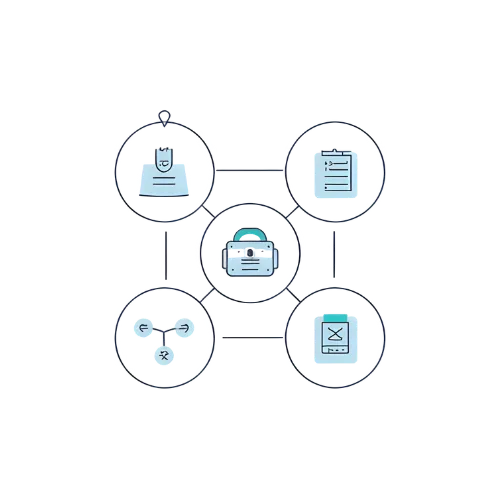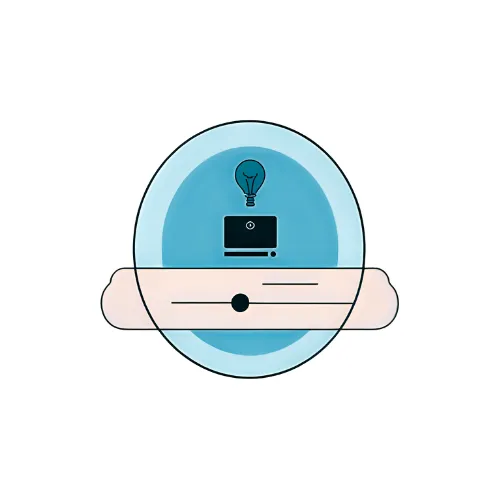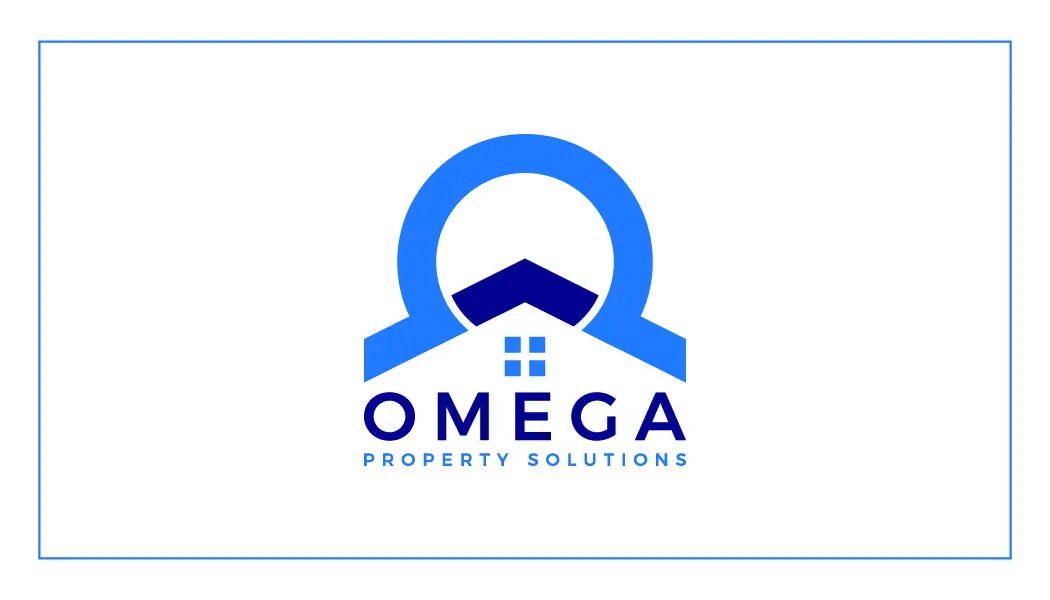Dealing With Probate?
Get a simple, FREE guide to selling fast and moving forward.
No obligations. Real solutions for families in transition
Clear steps. No fluff. No confusion.
What You’ll Get Inside This eBook

Guided Game Plan
See results fast with real-world steps from the free guide to selling your inherited house.

Fast-Action Tips
Speed up the sale with smart, no-delay tips — crafted to move your inherited property off the market, fast.

Pro-Level Insights
Insider knowledge. Professional insight. Get the clarity you need to sell your inherited home with confidence and precision.

Bonus Tools
Extra resources. Gain access to bonus tools that simplify the selling process and give you a sharper edge in today’s market.
We Help You Sell Your Inherited Property Fast — With Zero Repairs, No Fees, and Total Peace of Mind.
Cash Offer in 24 Hours
No Cleaning, No Repairs, No Agent Fees
We Pay 100% of Closing Costs
Free Moving & Relocation Assistance
Close in as Little as 7 Days or On Your Timeline
Attorney-Friendly & Fully Probate Compliant
When we say we purchase probate properties “as-is,” we mean it without exception. No matter the condition—dilapidated, dated, or disorderly—you won’t need to lift a finger. No repairs. No scrubbing.
No last-minute tidying.
Step away from the home exactly as it is, whether it's brimming with personal belongings, scattered furniture, damaged appliances, or forgotten clutter. From heirlooms to household debris, leave it all. We’ll still buy the house—no questions asked.

Pain Point Callout
Most people who inherit a home feel stuck. Probate is confusing, attorneys don’t explain the real estate part, and you’re expected to figure it all out
Not sure when you can sell
Don't want to deal with repairs
Overwhelmed by legal language
Dealing with multiple heirs
What Our Clients Says About Us
Sarah S.

“This would’ve saved us thousands and a ton of stress during my dad’s probate case.”
Michael A.

"Best decision ever, they made the process very easy! Couldn't be happier!"
Start the process today. No pressure, No fees
Everything you need to know to navigate the probate property sale process with confidence
—step-by-step insights, legal tips, and common mistakes to avoid, all in one powerful guide.
Call or send a Text to 402-281-9243
Sell your home. No delays — Call us now! — in 24 hours!
FAQ’S
Frequently Asked Questions
What is probate and why is it necessary?
Probate is the legal process of settling a deceased person's estate. It involves validating the will (if there is one), appointing a personal representative (executor), paying off debts, and distributing assets to heirs. It ensures the estate is handled legally and fairly.
How long does probate take?
It typically takes 6 to 12 months, but can be shorter or longer depending on the size and complexity of the estate, local court timelines, and whether any disputes arise.
Do all estates go through probate?
Not necessarily. Small estates may qualify for simplified procedures or may not require probate at all if assets are jointly owned, have named beneficiaries, or are placed in a trust.
What does an executor or personal representative do?
The executor manages the estate—gathering assets, notifying creditors, paying debts and taxes, handling court filings, and distributing property to heirs. It’s a significant responsibility and can be time-consuming.
How much does probate cost?
Costs vary but can include court fees, attorney fees, appraisals, and executor compensation. It’s usually paid from the estate. Some states (like California) have statutory fee schedules based on estate value.
Who should I notify after a loved one passes?
Notify key parties such as the Social Security Administration, banks, creditors, insurance companies, the IRS, and any utility providers. Also file the death certificate with the county and begin the probate petition.
What happens if there’s no will?
The estate is considered intestate. The court will appoint an administrator, and state law will determine who inherits the assets—usually starting with the closest next of kin.
Can I sell inherited property during probate?
Yes, but you’ll typically need court approval first unless you have full authority under the Independent Administration of Estates Act (IAEA) or a similar law in your state. A cash buyer like Omega Property Solutions can help simplify this process.
What debts must be paid during probate?
All valid debts of the deceased must be paid from the estate before assets are distributed. This includes final medical bills, credit cards, loans, and taxes. Heirs generally aren’t personally liable for these debts.
What if family members disagree during probate?
Disputes can delay the process. Mediation or probate litigation may be necessary if conflicts arise over the will, asset distribution, or executor actions. Legal counsel can help navigate this.
Can I avoid probate altogether?
Yes—through estate planning tools like living trusts, joint ownership, and naming beneficiaries on accounts. If you’re handling probate now, it’s a good time to create your own estate plan to protect your family.
How can Omega Property Solutions help during probate?
We offer compassionate and efficient property solutions for inherited homes. You can sell the home in as-is condition, on a timeline that works for you, without repairs, inspections, or realtor fees. We handle the paperwork and make the process stress-free.

FAQs | Contact Us | Privacy Policy | © 2025 Probate
